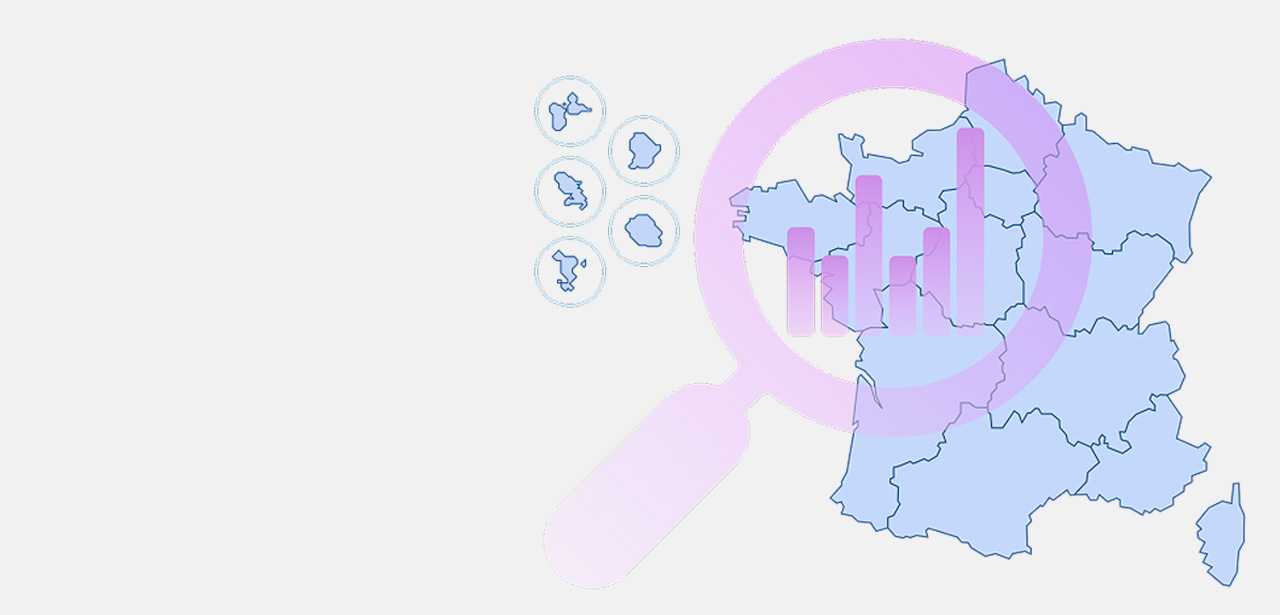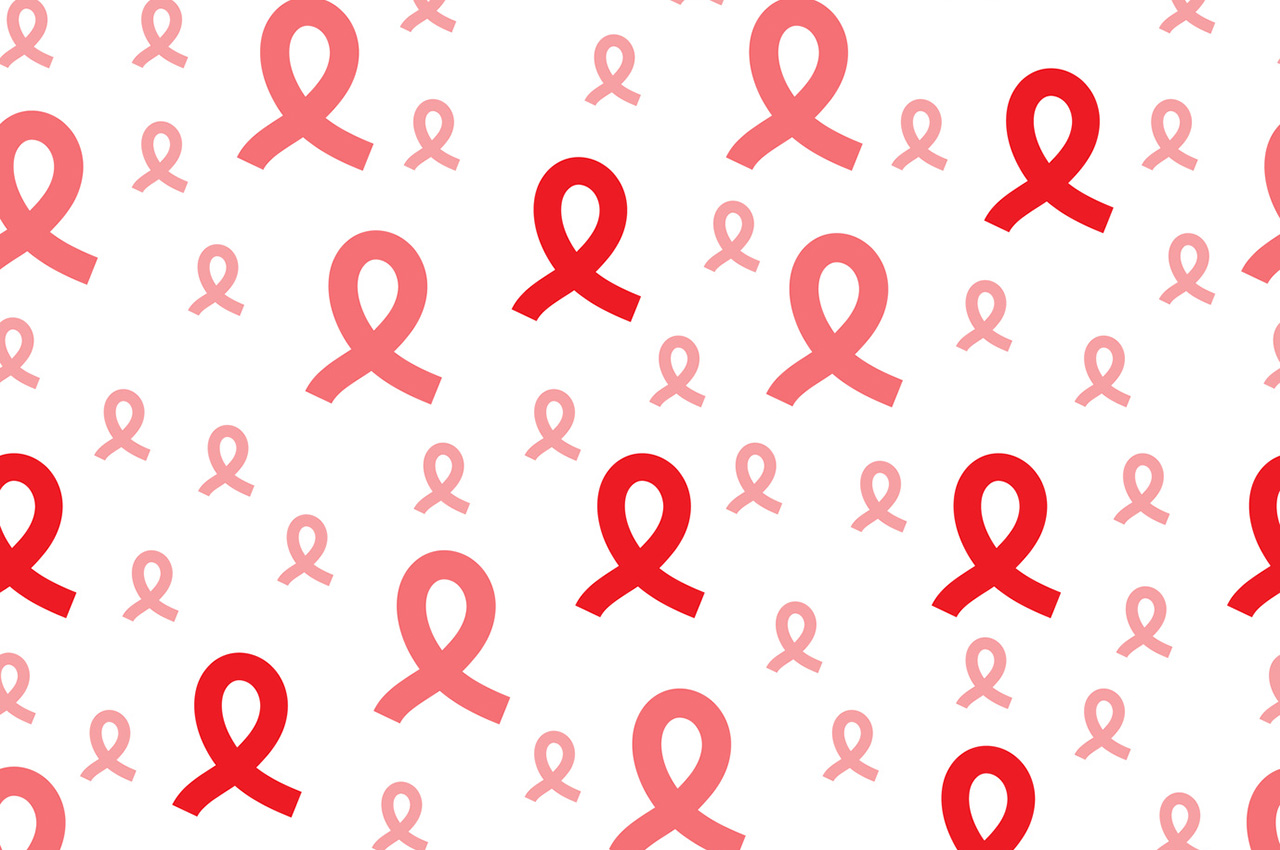In 2006, an outbreak of Salmonella enterica serotype Montevideo infections occurred in France. A matched case-control study and microbiological, environmental, and veterinary investigations were conducted to determine the source of this outbreak. A case was defined as a resident of France in whom Salmonella Montevideo was isolated from a stool or blood specimen between October 16, 2006, and January 6, 2007. Patients were interviewed using a standardized questionnaire. Salmonella Montevideo food isolates collected in 2006 by the nonhuman Salmonella surveillance system were reviewed, and a trace-back investigation was carried out. Salmonella strains isolated in case-patients and in suspected food were subtyped by pulsed-field gel electrophoresis (PFGE). Twenty-three cases were identified. Ten (63%) of the 16 interviewed cases against only 11 (35%) of the 31 controls reported eating a soft cheese made with raw milk from cows. Contaminated cheese was traced to a single processing plant that had faced an episode of Salmonella Montevideo contamination in September-October 2006. At that time, the distribution of batches of cheese found contaminated by Salmonella Montevideo was blocked. Microbiological investigation indicated that 70% (16/23) of strains isolated from case-patients and 93% (28/30) of strains isolated from cheese produced by the incriminated plant shared indistinguishable PFGE patterns. Comparing the onset of illness of cases and cheese production time in the incriminated plant, we concluded that this Salmonella outbreak was caused by raw-milk cheese in which low-level contamination had gone undetected. (R.A.)
Auteur : Dominguez M, Jourdan Da Silva N, Vaillant V, Pihier N, Kermin C, Weill FX, Delmas G, Kerouanton A, Brisabois A, de Valk H
Foodborne pathogens and disease, 2009, vol. 6, n°. 1, p. 121-8


